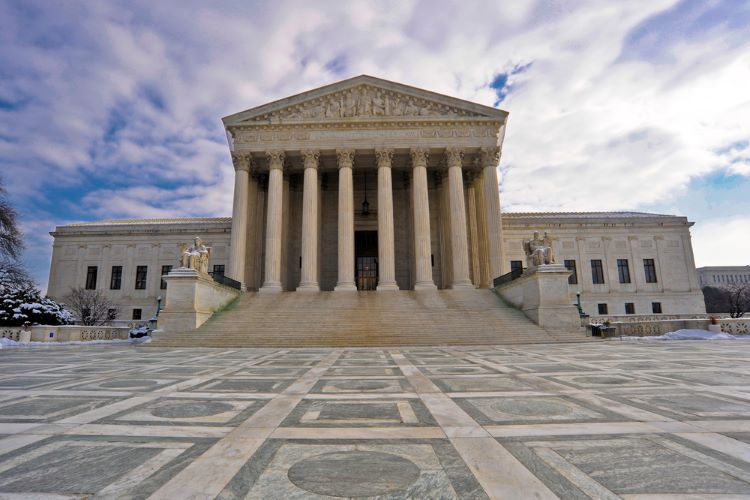ABA House Considers Digital-Age Issue: Cops' Access to Third-Party Records
The ABA House of Delegates has adopted standards that could be used by courts and legislatures when deciding whether law enforcement investigating crimes should have access to records held by third parties.
The ABA Criminal Justice Standards on Law Enforcement Access to Third Party Records (Resolution 101A) would apply to data held by institutional parties such as banks and Internet Service Providers. They provide that courts or other decision makers should start by determining the level of privacy for a given category of information. For example, if the category is banking transactions, the first issue would be whether the records are highly private, moderately private, minimally private or not private.
The standards provide criteria that should be used for deciding the question, but they don’t provide the answers. One of the criteria, for example, is whether the information is personal, including the extent to which it is intimate and likely to cause embarrassment or stigma if disclosed.
Absent higher constitutional protections, highly private records would generally be available to law enforcement through a warrant or a court order supported by reasonable suspicion, the standards say. Exceptions would apply in cases of consent, emergency aid or exigent circumstances.
The standards don’t address constitutional questions. The report to the ABA House notes that the U.S. Supreme Court has held in a series of cases that individuals typically retain no federal constitutional expectation of privacy in information conveyed to a third party.
Justice Sonia Sotomayor addressed the constitutional issue in her concurrence last month in a ruling overturning a conviction gained with information from a GPS device attached to a suspect’s car.
“It may be necessary to reconsider the premise that an individual has no reasonable expectation of privacy in information voluntarily disclosed to third parties,” Sotomayor wrote. “This approach is ill suited to the digital age, in which people reveal a great deal of information about themselves to third parties in the course of carrying out mundane tasks.”



